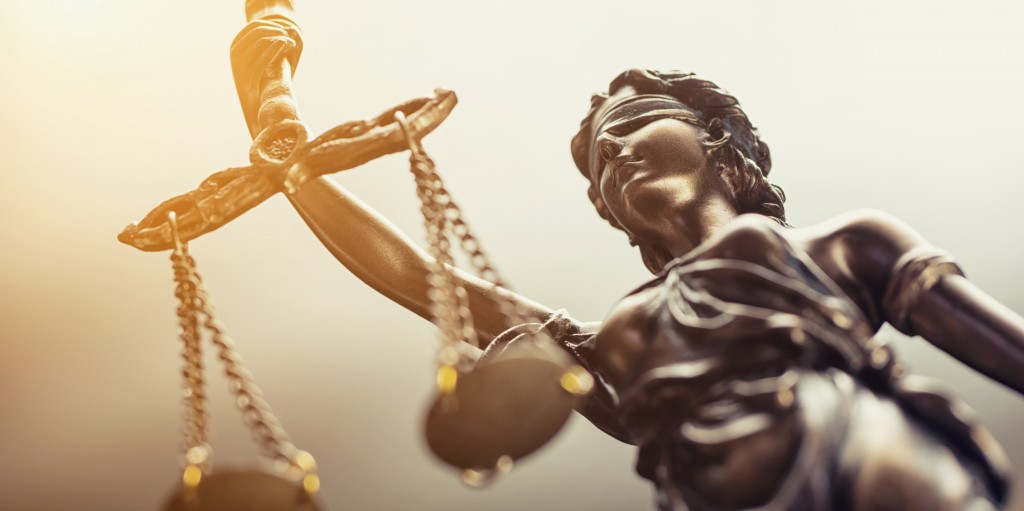The government should serve its people, ensuring that they uphold fundamental human rights and meet their needs. One way the government can fulfill this is by respecting the due process of law. The due process of law requires every legal step possible before taking away anyone’s right to life, liberty, and property.
A titular case in 1970 concluded that “The Court found that before a state terminates a welfare recipient’s benefits, the state must provide a full hearing before a hearing officer.” Before a person is charged bail or incriminated, a long process takes place.
History of the “due process of law”
The history of the phrase is proof of this kind of protection. The term was first introduced in 1354, during the reign of King Edward III. Under his rule, the English monarchy, the Church, and feudal Barons had to come up with the Magna Carta where a clause stated the following:
“No free man shall be seized or imprisoned, or stripped of his rights or possessions, or outlawed or exiled, or deprived of his standing in any other way, nor will we proceed with force against him, or send others to do so, except by the lawful judgment of his equals or by the law of the land.”
As a result, the power of this document ended the king’s disregard of the law and addressed the economic and political complaints of his people.
Why do we need the due process of law?

It’s simple: to preserve human rights.
Without the due process of law, the government will gain more power to punish without evidence and to wreak havoc without any explanation. In short, the authority could become abusive without the due process of law. From the filing of the case to the judge’s decision, due process of law guarantees that no innocent man shall suffer unjust punishment.
For example, if a student is caught possessing drugs in school, the school should notify the student and their parents that expulsion is recommended. The student and parents are entitled to a hearing, a session to review school records, a description of the entire procedure, and information on what expulsion is. This procedure caters to the student’s right to know their mistake, the evidence against them, and the right to express their side of the story. All these happen before the school decides that the student must be expelled.
This lengthy process exists so that the student is not deprived of the right to education due to a mere accusation or lack of evidence. It also safely keeps their right to express and stand for themselves. It maintains a limit for the school and its board as to how it upkeeps its rules and regulations and that they cannot just go around expelling students.
The due process of law is sacred
In a perfect world, everyone is given equal chances of preserving their rights—whether they are a billionaire of need a bail bondsman in Park City to cover for them. The due process of law protects human rights so that no one—not even the government—takes justice in their own hands.

